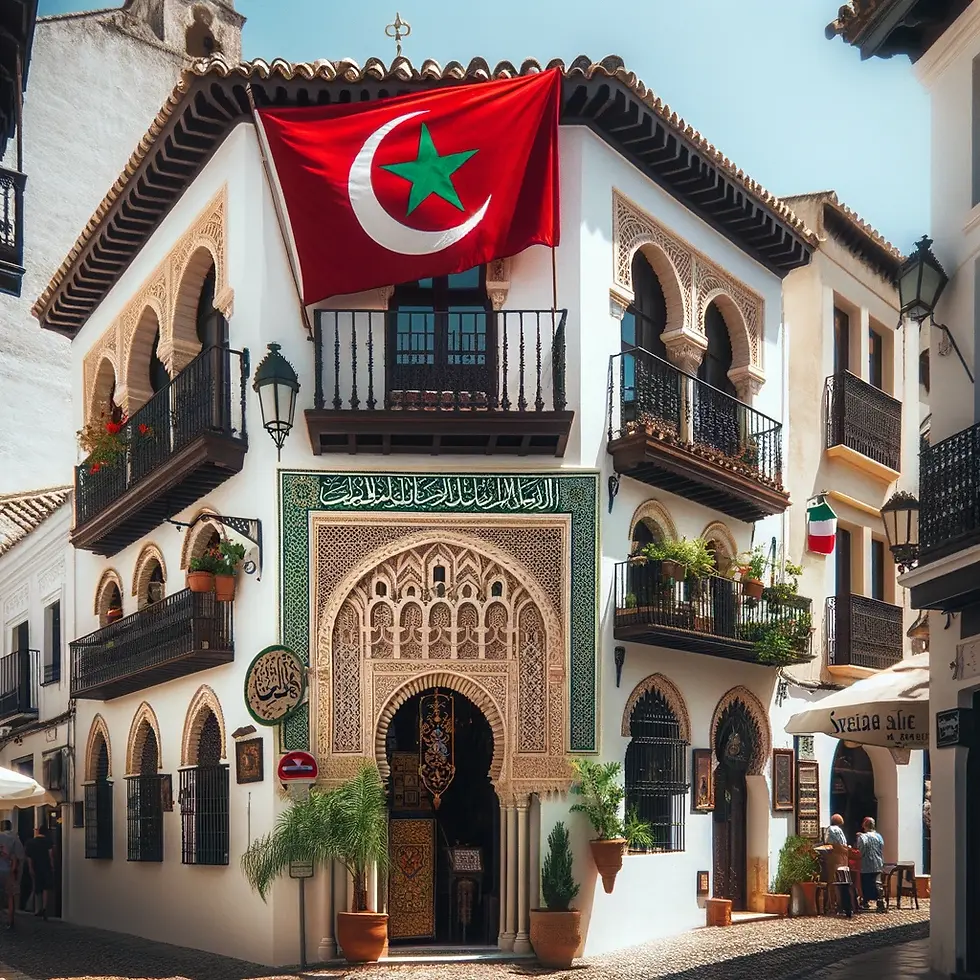
"The Mystique of Cannabis: Exploring Morocco's Strange Fruit"
- May 22, 2024
- 2 min read
Morocco's relationship with cannabis is deeply entwined with its economic and social fabric, especially in the northern Rif region. Historically, Morocco has been one of the world's largest producers of cannabis resin, commonly known as hashish. Despite efforts to reduce cultivation, local communities have shown resilience and adaptability to both government crackdowns and shifting international market dynamics.
Cannabis cultivation has long been a critical economic activity in the Rif Mountains, providing livelihoods for hundreds of thousands of people in one of the country’s poorest regions. It's estimated that nearly a million people in northern Morocco rely on cannabis as the main economic activity. The legal status of cannabis has been complicated; it has been traditionally tolerated despite periodic government crackdown.
In recent years, global changes in the perception of cannabis, recognizing its medical and industrial value, have influenced Moroccan policies. The United Nations Commission on Narcotic Drugs reclassified cannabis in 2020, acknowledging its medical benefits, a move supported by Morocco. Consequently, Morocco has begun to regulate the cultivation of cannabis legally, primarily for medical and industrial uses, which was a significant shift aimed at improving the legal and economic status of farmers and reducing the influence of illicit trade networks【14†source】【13†source】.
The 2021 legislation allowed for the establishment of cooperatives and provided more structured economic opportunities for local farmers, moving them away from the vulnerabilities associated with the black market. This shift aims to enhance farmers' incomes, protect them from traffickers, and integrate them into a growing global market for legal cannabis products【13†source】【14†source】.
This evolving legal and economic landscape presents both opportunities and challenges. It offers the potential for economic development and integration into the global market while also posing significant regulatory and social challenges as the country balances local cultivation practices with international market demands and legal frameworks【14†source】. The full impact of these changes will depend on the effectiveness of the new regulatory frameworks and the ability of local communities to adapt to these economic transformations.






Comments